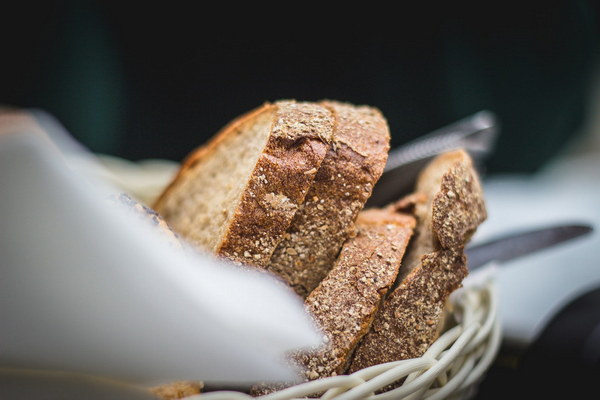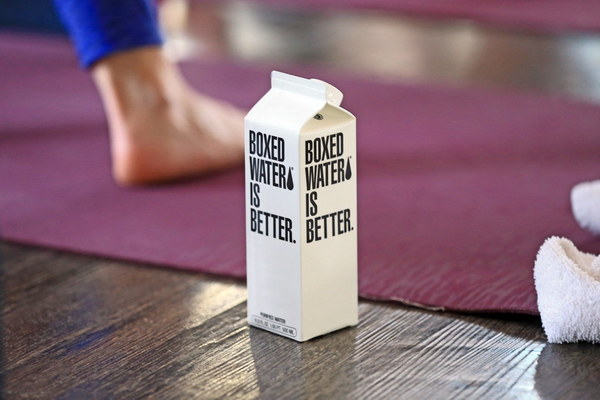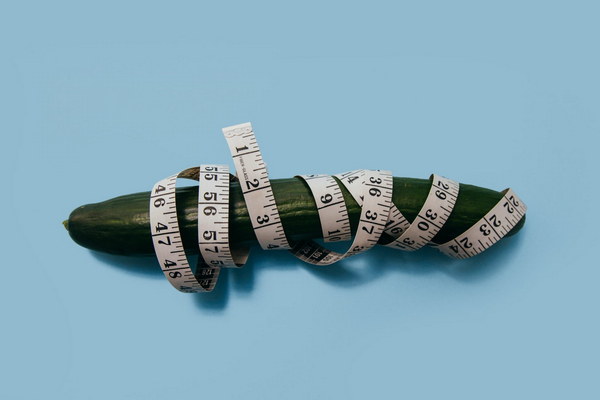Nurturing the New Mother A Comprehensive Guide to Postpartum Health and Wellbeing
Becoming a new mother is a joyous yet physically and emotionally demanding experience. The body goes through incredible changes during pregnancy, and the postpartum period is a critical time for new mothers to focus on their health and recovery. This comprehensive guide will provide valuable insights on how new mothers can nurture their bodies and ensure a smooth transition into motherhood.
1. Understanding the Postpartum Period
The postpartum period begins immediately after childbirth and lasts for approximately six weeks. During this time, the body undergoes several changes, including:
- The uterus returns to its pre-pregnancy size
- The cervix closes
- The placenta is expelled
- The body regains its pre-pregnancy weight

- Hormonal levels return to normal
1. Prioritize Rest and Sleep
One of the most important aspects of postpartum recovery is getting enough rest and sleep. New mothers often find themselves sleep-deprived due to the demands of caring for a newborn. Here are some tips to help you get the rest you need:
- Take naps when the baby sleeps
- Establish a bedtime routine
- Ask for help from family and friends
- Sleep in a comfortable environment
2. Nutrition and Hydration
Proper nutrition and hydration are essential for postpartum recovery. New mothers should focus on the following:
- Consume a well-balanced diet rich in fruits, vegetables, whole grains, lean proteins, and healthy fats
- Stay hydrated by drinking plenty of water throughout the day
- Include foods rich in iron, calcium, and vitamin D to support milk production and bone health
- Avoid caffeine and alcohol, as they can interfere with sleep and breastfeeding
3. Gentle Exercise
Exercise can aid in postpartum recovery by improving circulation, reducing stress, and promoting muscle tone. It is important to start slowly and choose activities that are safe for your body:
- Begin with light walking, stretching, or prenatal yoga
- Consult with a healthcare provider before starting any exercise routine
- Focus on strengthening your core muscles, as they are essential for supporting your back and pelvis
- Gradually increase the intensity of your exercise as your body recovers
4. Manage Pain and Discomfort
Pain and discomfort are common during the postpartum period. Here are some ways to manage these symptoms:
- Use a heating pad or cold compress to alleviate pain in the abdomen or lower back
- Apply pressure to the perineum to reduce swelling and pain
- Take over-the-counter pain relievers, such as ibuprofen, as recommended by your healthcare provider
- Consult with a healthcare provider if you experience severe pain or discomfort
5. Breastfeeding Support
Breastfeeding is a vital aspect of postpartum recovery and provides numerous benefits for both mother and baby. Here are some tips to help you succeed:
- Seek support from lactation consultants or breastfeeding support groups
- Position your baby correctly to ensure a good latch
- Practice proper latch-on techniques to prevent nipple soreness
- Stay hydrated and eat a balanced diet to support milk production
6. Mental Health and Emotional Wellbeing
The postpartum period can also be an emotionally challenging time. New mothers may experience mood swings, anxiety, or depression. Here are some ways to promote mental health and emotional wellbeing:
- Seek emotional support from friends, family, or support groups
- Practice mindfulness and relaxation techniques, such as meditation or deep breathing exercises
- Establish a routine to help you manage stress
- Consult with a healthcare provider if you experience persistent mood disturbances or symptoms of postpartum depression
In conclusion, nurturing the new mother is essential for her health, recovery, and overall wellbeing. By prioritizing rest, nutrition, exercise, and emotional support, new mothers can ensure a smooth transition into motherhood and provide the best care for their newborns.









